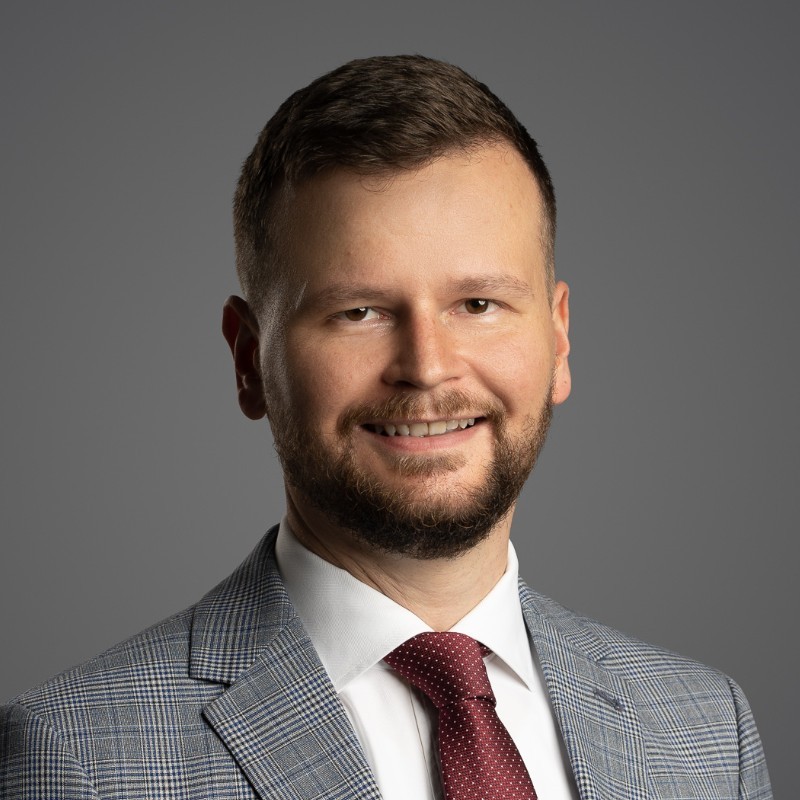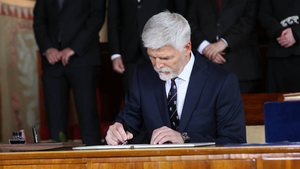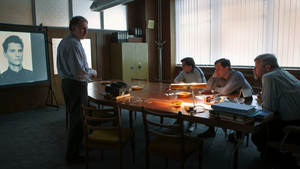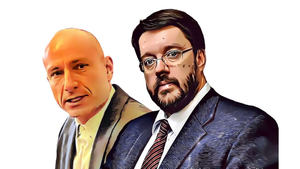TV fees likely to stay in the Czech Republic
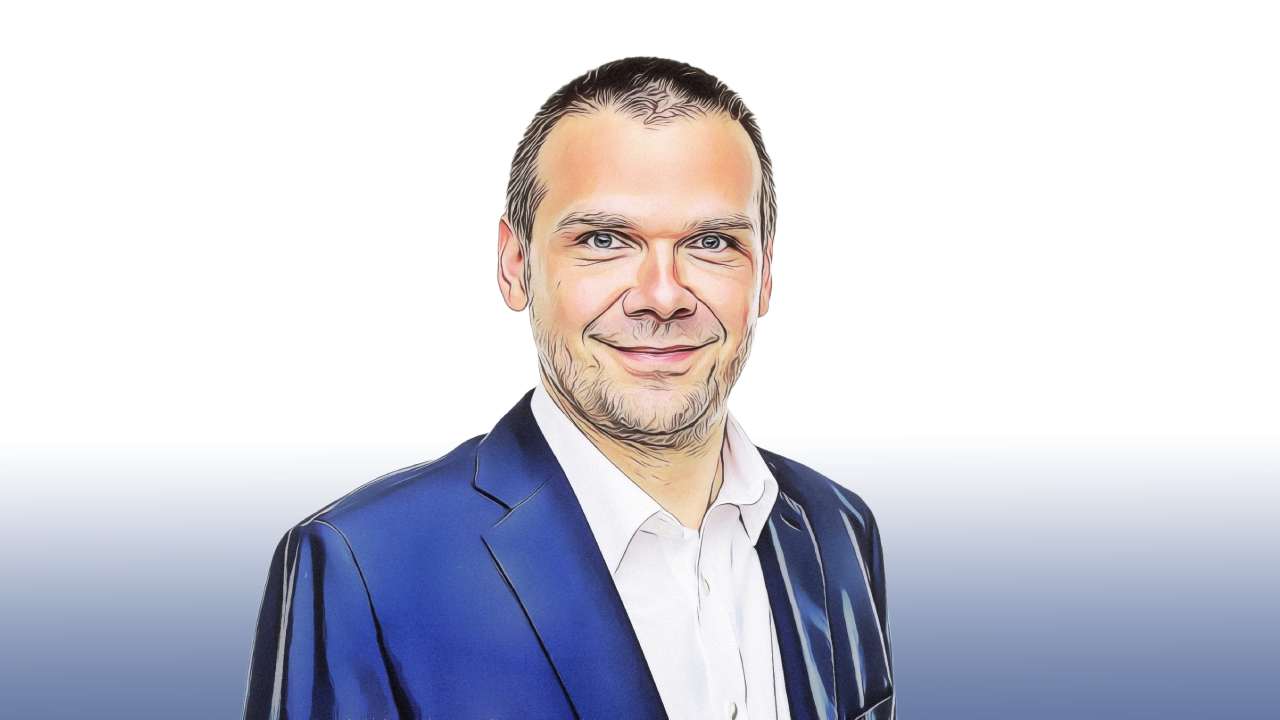
This year, the Czech government will decide on how to finance Czech Radio and Czech Television, which currently rely on licence fees paid by households and businesses.
However, the current law is outdated and the fees have not increased for many years, leading to a reduction in programming and job cuts.
The government is considering different models, such as charging households for every device that can receive broadcasts or adopting the German model of a fixed fee per household.
The Minister of Culture, Martin Baxa, opposes financing from the state budget and emphasizes the importance of keeping the TV licence fee. There is agreement that the Supreme Audit Office should oversee the financial management of both broadcasters, but a constitutional amendment would be necessary.
The Czech Radio and Czech Television don't get any funds from the state budget. Households pay a single fee for their services, regardless of the number of devices they have. Meanwhile, businesses pay a fee for each registered device. The monthly fee for radio is CZK 45 (€1.90) and CZK 135 (€5.70) for television. It's worth noting that the fees have stayed the same since 2005 for radio and since 2008 for TV.
The future economic model of public service media was discussed in the Chamber of Deputies on Wednesday.
"We are dealing with the redefinition of who should pay the fees. There are different models. One is to keep the fee linked to the ownership of the device and to extend it not only to traditional TV screens but to all devices that can receive broadcasts. Or the German model, the so-called plug-in model, i.e. charging for households. What we certainly don't want to do, and what I want to rule out at this point, is to abandon the principle of the TV licence fee," emphasised Minister of Culture Martin Baxa (ODS).
The minister does not like the idea of financing both media from the state budget. This is the method recently adopted by Slovakia and France, for example.
"During the Czech presidency of the EU, I had a very interesting conversation on this subject with Rima Malak, the French minister of culture. She said that they have abolished the licence fee, that they will fund public media from the state budget for some time, and that during that time they will look for a new funding model. I would consider such a step risky, so we will always be in the area of TV fees and we will look for a sustainable solution for the financing of Czech Television," assured Mr Baxa.
The introduction of the German model would mean that every household would pay for public service media, regardless of whether they have a receiver. In Germany, 18.36 euros are now paid per household, regardless of how many people live there. Companies pay according to the number of sites and employees.
There is a consensus that the financial management of Czech Television and Czech Radio could be controlled by the Supreme Audit Office. This plan was almost passed during the last parliamentary term, but MPs barely had time to vote on it, so it got shelved. As a result, the whole thing will have to be discussed again from the beginning.
"This is one of the few things in our government's cultural programme that I am not entirely sure we will be able to do by the end of the term, because it is a constitutional amendment. It is always a very complicated matter, but we intend to do it. I think the Supreme Audit Office should be involved. I think that even the members of the opposition and I agree that this is the right way to do it. So I think we will get there," the minister hopes.
